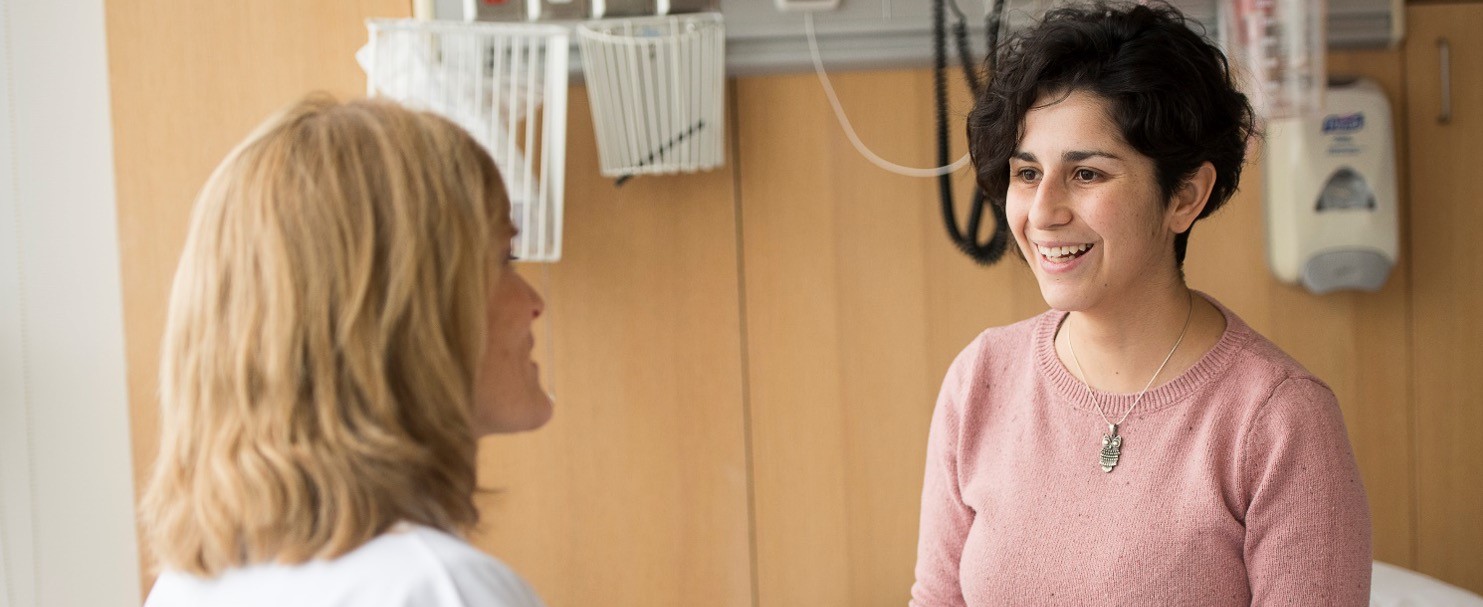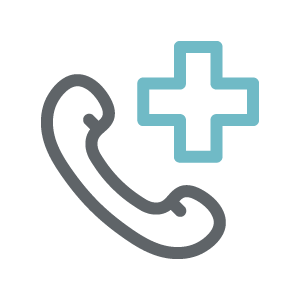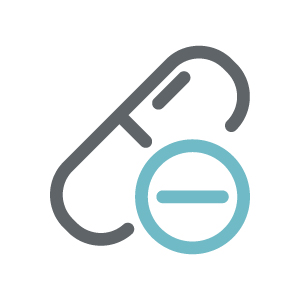Today's treatments are available thanks to people just like you who got involved in research.

You CAN make a difference. Here are three ways:
1. Allow researchers to contact you
-
 If you are a patient at The Ottawa Hospital interested in hearing about opportunities to get involved in research, consider
giving our researchers permission to contact you. You can ask a registration clerk or a member of your care team to update
the "permission to contact for research purposes" section of your health record while you are at the hospital. Alternatively,
you can do this via myChart, your electronic health record. Click here to go to the research section of myChart, where you
can update your preferences. This will NOT enroll you in any research studies - it will simply allow researchers to contact
you about studies you may be eligible for. You can change your preferences at any time. This requirement for permission
protects your privacy.
If you are a patient at The Ottawa Hospital interested in hearing about opportunities to get involved in research, consider
giving our researchers permission to contact you. You can ask a registration clerk or a member of your care team to update
the "permission to contact for research purposes" section of your health record while you are at the hospital. Alternatively,
you can do this via myChart, your electronic health record. Click here to go to the research section of myChart, where you
can update your preferences. This will NOT enroll you in any research studies - it will simply allow researchers to contact
you about studies you may be eligible for. You can change your preferences at any time. This requirement for permission
protects your privacy.
2. Participate in research
-
 If you are asked about participating in a specific study, please consider it! When you take part in research, you are shaping
the future of health care. Participating in research may or may not benefit you personally, but it does contribute to new
knowledge that will help others. Participating in a study might involve filling out a questionnaire, providing a blood sample,
allowing researchers to monitor your health or taking a new treatment. You can also browse our active clinical research studies
on clinicaltrials.gov and ask your care team if you think you might be eligible. Some of our research teams have also created
webpages for specific studies (e.g. REaCT cancer trials, OMNI pregnancy trials and CIU healthy volunteer trials).
If you are asked about participating in a specific study, please consider it! When you take part in research, you are shaping
the future of health care. Participating in research may or may not benefit you personally, but it does contribute to new
knowledge that will help others. Participating in a study might involve filling out a questionnaire, providing a blood sample,
allowing researchers to monitor your health or taking a new treatment. You can also browse our active clinical research studies
on clinicaltrials.gov and ask your care team if you think you might be eligible. Some of our research teams have also created
webpages for specific studies (e.g. REaCT cancer trials, OMNI pregnancy trials and CIU healthy volunteer trials).
3. Partner with researchers
-
 Did you know you can have an impact on the way we do research? Our researchers are committed to engaging patients,
family members and caregivers in all aspects of research, from coming up with ideas to designing studies to sharing results.
Learn more about patient engagement in research and how to become a patient and family advisor at The Ottawa Hospital.
Did you know you can have an impact on the way we do research? Our researchers are committed to engaging patients,
family members and caregivers in all aspects of research, from coming up with ideas to designing studies to sharing results.
Learn more about patient engagement in research and how to become a patient and family advisor at The Ottawa Hospital.
Patient stories
Meet some of the patients, family members and caregivers who have been involved in our research.
|
|
|
|
|
|
|
|
|
Additional resources
This video describes different types of clinical research. It was created by N2, a not-for-profit association of Canadian research networks and organizations working to advance Canada's clinical research skills and capacity.
- Find clinical trials at The Ottawa Hospital
- Find clinical trials in Canada (BeTheCure.ca)
- Find clinical trials around the world (U.S. National Institutes of Health)
- Learn about patient-oriented research and patient engagement at The Ottawa Hospital
- Learn about clinical research from N2 Canada (ItStartsWithMe.ca) and the Canadian Institutes of Health Research (Jargon Buster) and OHRI (Frequently Asked Questions)
- Access Patient decision aids developed at The Ottawa Hospital and around the world
- Participate in a pilot program at The Ottawa Hospital to help patients, caregivers and researchers share their experiences with cancer (Bedside to Bench Conversations)
